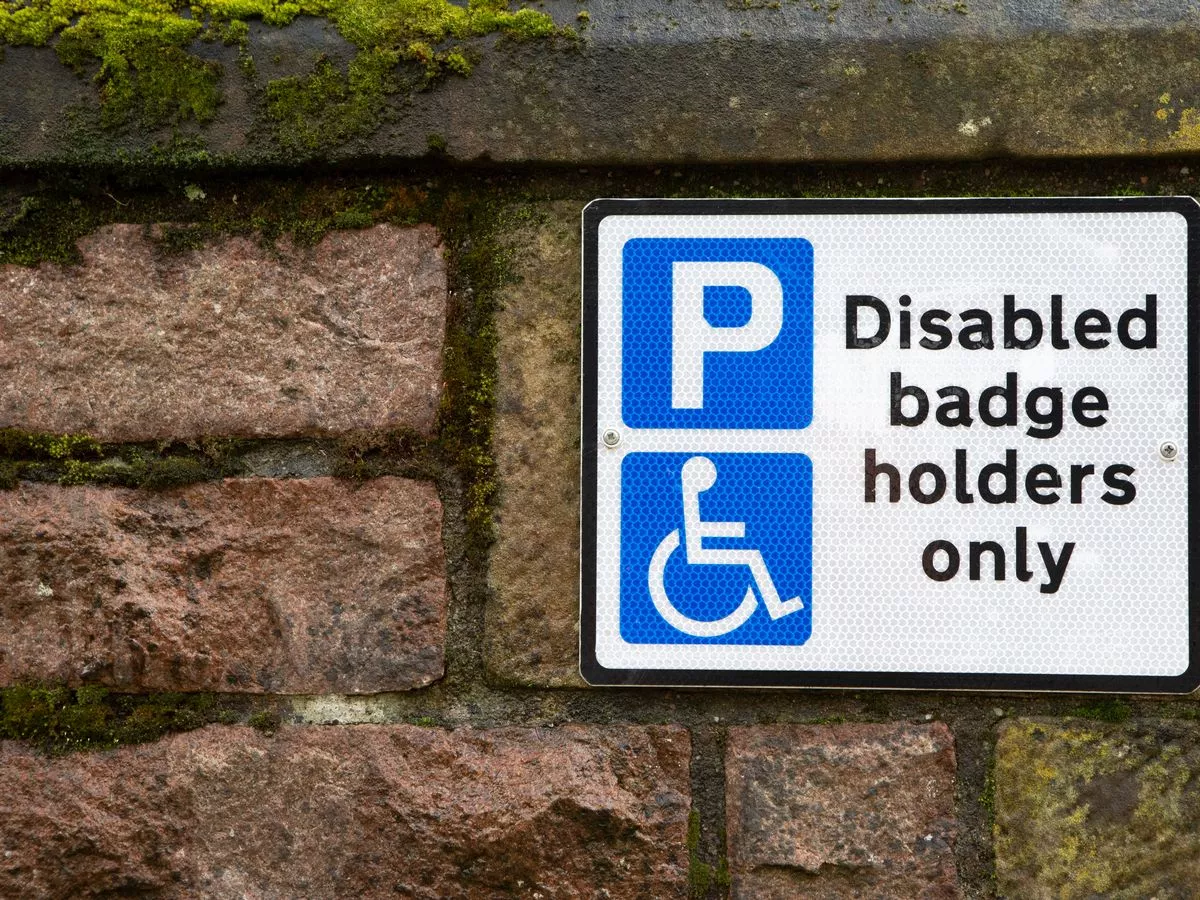By Kieran Isgin
Copyright mirror

People living with disabilities and health conditions who possess a Blue Badge could face a £1,000 fine for helping out their mates. Anyone given a Blue Badge must agree to adhere to various responsibilities when using it. Government guidance states that misusing a Blue Badge and failing to uphold these responsibilities can result in a substantial fine, and confiscation of the badge itself. Indeed, Blue Badge misuse is deemed a criminal offence and can therefore lead to a criminal record. Consequently, it’s crucial to remember that the Blue Badge may only be used by or for the benefit of the individual who originally applied for it. This means you cannot loan it to friends and relatives if you’re not travelling as a passenger in the car, even if they’re popping to the shops on your behalf or collecting something for you. Guidance on GOV.UK states: “It is a criminal offence for you or anyone else to misuse the badge. Doing so could lead to a £1,000 fine and confiscation of the badge. Making sure that the scheme is not abused will benefit genuine badge holders, such as yourself.” It continues: “You must never give the badge to friends or family to allow them to have the benefit of the parking concessions. You must never use a copied badge to park or try to change the details on a badge.” A Blue Badge can cost up to £10 in England and Northern Ireland, and £20 in Scotland , but it’s free of charge in Wales. The responsibility of handling applications and setting the price falls on local authorities. These permits typically have a validity of three years, after which the holder needs to reapply. There are two categories of individuals who can secure a Blue Badge – some qualify automatically, while others are assessed individually. There are certain individuals who can automatically be granted a Blue Badge. This applies if you’re aged three or above and meet at least one of the following criteria: If you’ve scored anything other than 10 points under descriptor E, in the ‘planning and following journeys’ activity of PIP, you might still be eligible for a Blue Badge. However, this doesn’t mean you automatically qualify, even if your score is higher. You’ll need to provide evidence to prove your eligibility, which will be evaluated during your application process. Not everyone automatically qualifies for a Blue Badge. Eligibility is assessed on an individual basis. You may be eligible for a badge if one or more of the following apply: In England, Scotland, and Wales, you can apply for a Blue Badge on GOV.UK. If you’re in Northern Ireland, there’s a different application process – further details here. Your local council will determine if you’re eligible for a badge. They can’t start the assessment process until they have all the necessary evidence. The assessment of your application could take 12 weeks or longer. If they decide that you’re not eligible and you believe they didn’t consider all the facts, you can ask them to reconsider your application.